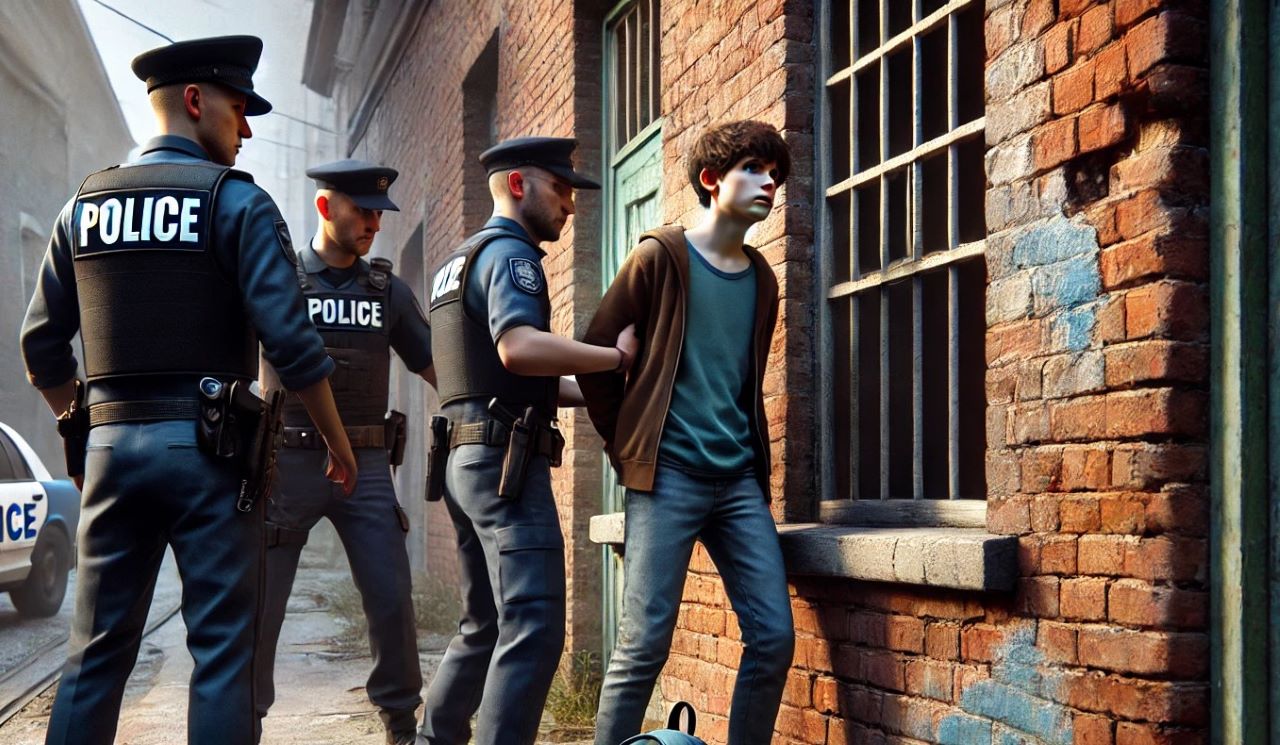Luxembourg, 5 September 2024
Judgment of the Court in Case C-603/22 | M.S. and Others (Procedural rights of a child)
Fair trial: minors subject to criminal proceedings must have the practical and effective opportunity to be assisted by a lawyer.
—
Such assistance must be offered at the latest by the time they are first questioned by the police.
Criminal proceedings against three minors were brought before a Polish court. They were charged with having broken into the buildings of a disused former holiday centre.
During those proceedings, it was found that the suspects had been questioned by the police in the absence of a lawyer. Before they were first questioned, neither they nor their parents had been informed of their rights or the conduct of the proceedings. The court-appointed lawyers therefore requested that previous statements made by the suspects be removed from the file as evidence.
The national court, questioning the effectiveness of the procedural guarantees in place for minors during the pre- trial phase, made a reference to the Court of Justice. The national court is uncertain whether, in particular, the national provisions comply with EU law 1 and what conclusions should be drawn from any incompatibility.
The Court holds that children who are suspects or accused persons must have the practical and effective opportunity to be assisted by a lawyer – a court-appointed lawyer where necessary. That obligation must be fulfilled before they are first questioned by the police or another law enforcement or judicial authority and, at the latest, from the time of that questioning. In principle, those authorities cannot carry out questioning of a child who does not actually receive such assistance.
Persons who have reached the age of 18 during the criminal proceedings must not automatically lose the rights conferred on minors by EU law, in particular the right of access to a lawyer. The benefit of those rights must continue where it is appropriate having regarding to all the circumstances of the case, including the maturity and the vulnerability of the persons concerned.
The Court notes that minors must be informed of their procedural rights as soon as possible, at the latest before they are first questioned. The information must be communicated in a simple and accessible way, adapted to their specific needs. A standard document, intended for adults, does not meet those requirements.
As regards incriminating evidence contained in statements made by a minor during questioning carried out in breach of his or her rights, EU law does not require the Member State to provide for the possibility for the national court to declare such evidence inadmissible. However, that court must be able to verify that those rights have been respected and to draw all the inferences resulting from their breach, in particular as regards the probative value of the evidence in question.
It is for the national court to verify whether the Polish national legislation at issue is compatible with EU law. It is also required to interpret, so far as is possible, national law in conformity with EU law in order to ensure its full effectiveness. If such an interpretation is not possible, the national court is required to disapply, of its own motion, any national provisions or practice which appear to be incompatible with it.
NOTE: A reference for a preliminary ruling allows the courts and tribunals of the Member States, in disputes which have been brought before them, to refer questions to the Court of Justice about the interpretation of European Union law or the validity of a European Union act. The Court of Justice does not decide the dispute itself. It is for the national court or tribunal to dispose of the case in accordance with the Court’s decision, which is similarly binding on other national courts or tribunals before which a similar issue is raised.
Unofficial document for media use, not binding on the Court of Justice. The full text and, as the case may be, the abstract of the judgment is published on the CURIA website on the day of delivery.
1 In particular, Directive (EU) 2016/800) of the European Parliament and of the Council of 11 May 2016 on procedural safeguards for children who are suspects or accused persons in criminal proceedings.
Source – CJEU: 130/2024 : 5 September 2024 – Judgment of the Court of Justice in Case C-603/22

